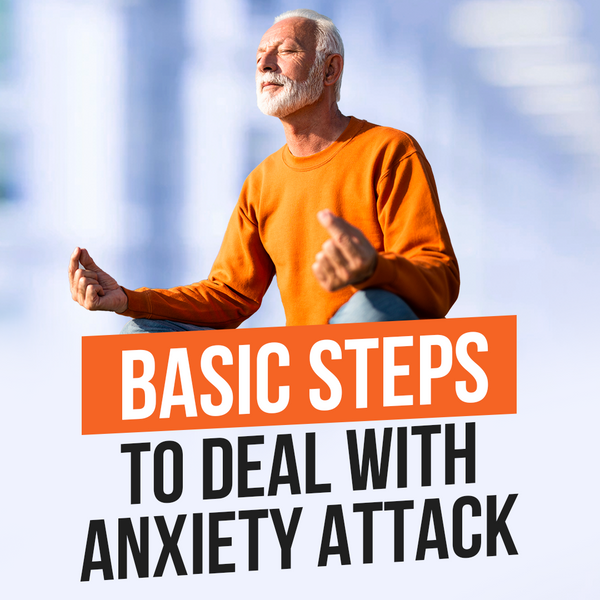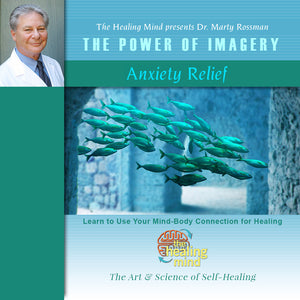Anxiety attacks can be an overwhelming experience, and it can be difficult to know how to manage them in the moment. However, there are some basic steps that you can take to help deal with an anxiety attack when it happens. Here are some tips:
- Recognize the symptoms: The first step in dealing with an anxiety attack is to recognize when it's happening. Symptoms may include rapid heartbeat, shortness of breath, sweating, trembling, and a feeling of intense fear or panic.
- Practice deep breathing: One of the most effective ways to manage an anxiety attack is through deep breathing. Take slow, deep breaths in through your nose and out through your mouth, focusing on the sensation of the air moving in and out of your body.
- Ground yourself: Anxiety attacks can make you feel like you're disconnected from reality. To ground yourself, try to focus on your surroundings. Look around the room and notice the colors, textures, and sounds.
- Use positive self-talk: Anxiety attacks can be accompanied by negative thoughts and self-doubt. Try to counter these thoughts with positive self-talk. Remind yourself that the anxiety attack will pass and that you are strong enough to manage it.
- Use relaxation techniques: There are several relaxation techniques that can help manage anxiety attacks, such as meditation, progressive muscle relaxation, or guided imagery. Find the technique that works best for you and practice it regularly.
- Seek support: If you find that you are experiencing anxiety attacks frequently, it may be helpful to seek support from a mental health professional. They can help you identify triggers and develop coping strategies to manage anxiety attacks.
- Practice self-care: Taking care of your physical and emotional health can help prevent anxiety attacks. Make sure to eat a healthy diet, get enough sleep, and exercise regularly. Engage in activities that you enjoy and that help you relax.
Anxiety attacks can be a distressing experience, but there are steps that you can take to manage them. By recognizing the symptoms, practicing deep breathing, grounding yourself, using positive self-talk, using relaxation techniques, seeking support, and practicing self-care, you can help prevent and manage anxiety attacks. Remember to be patient with yourself and to seek help if you need it.



